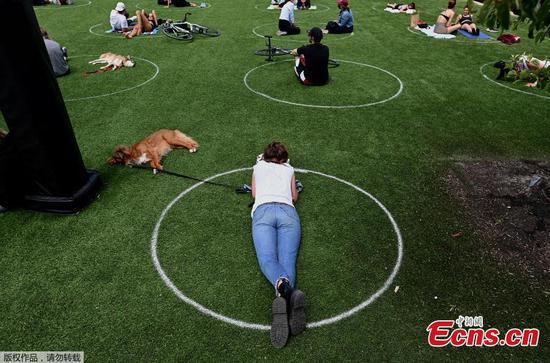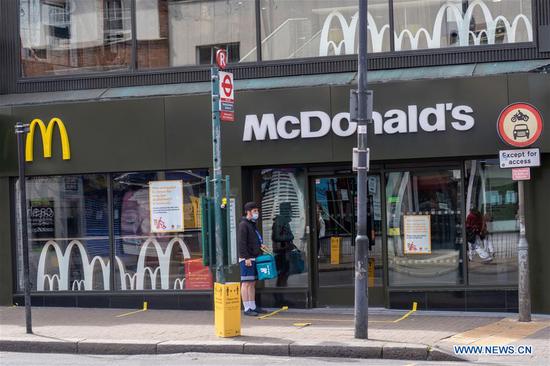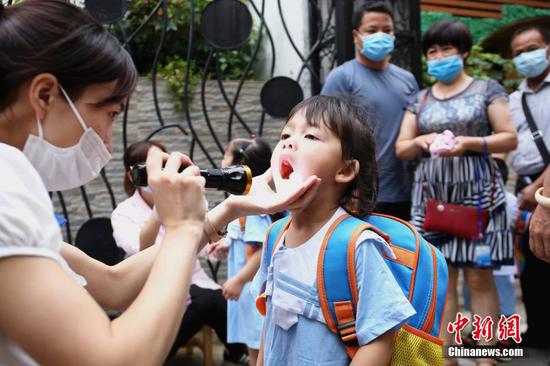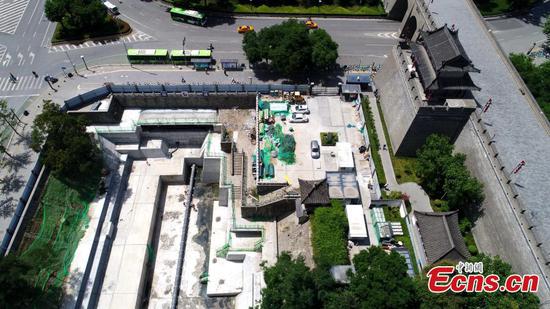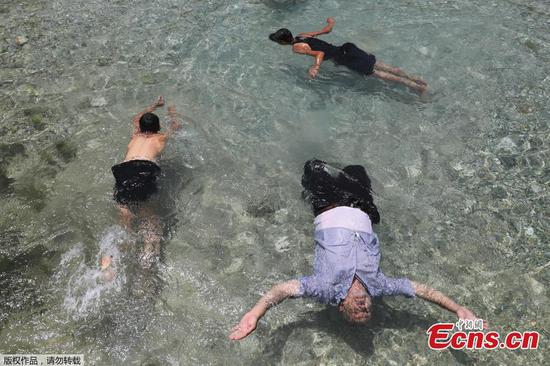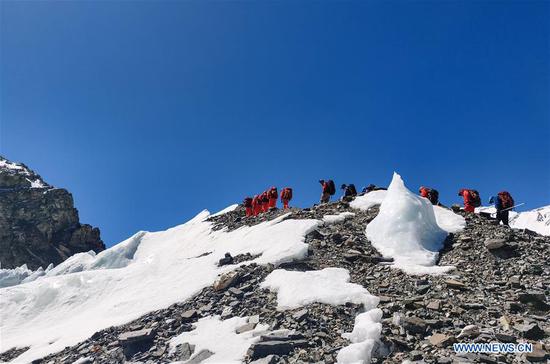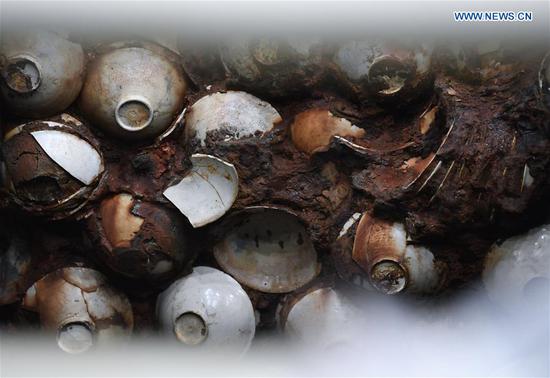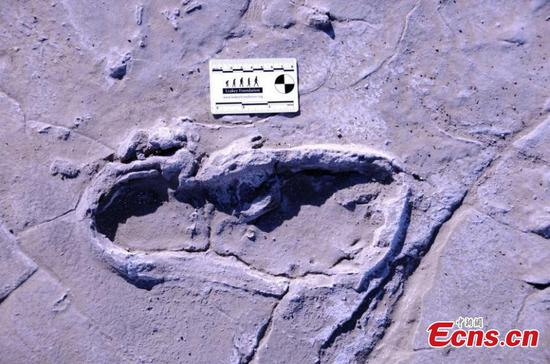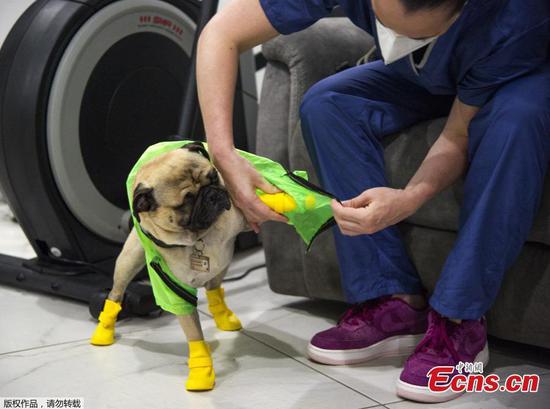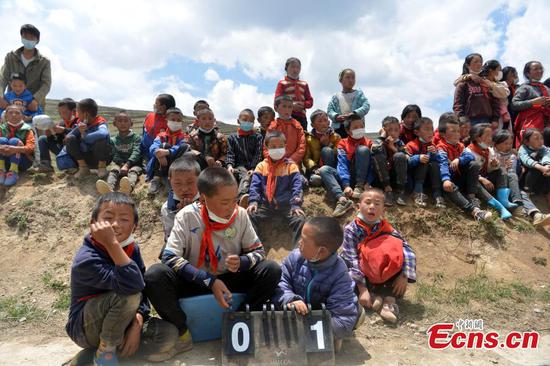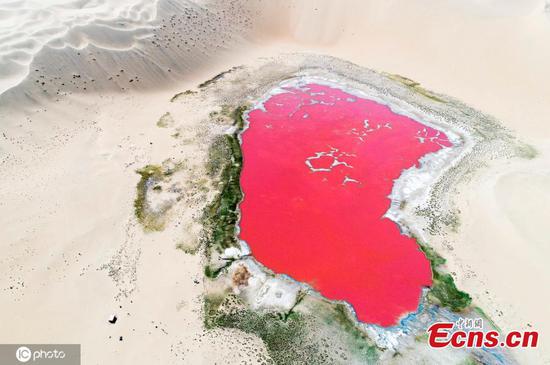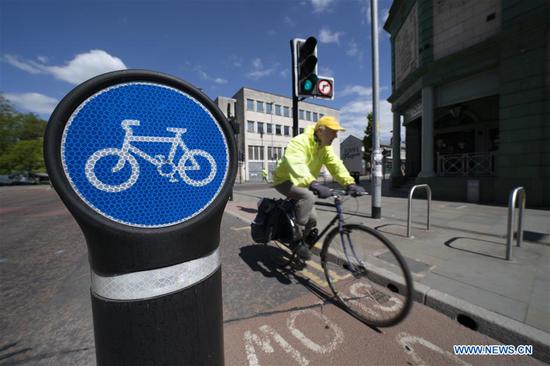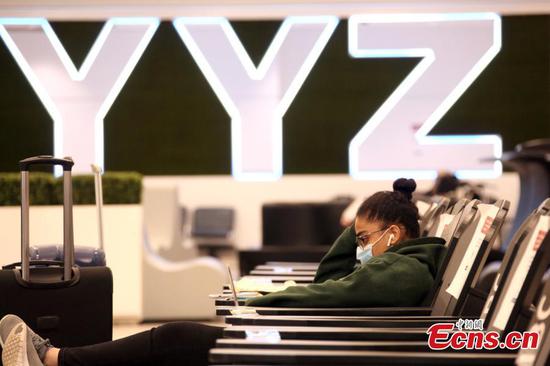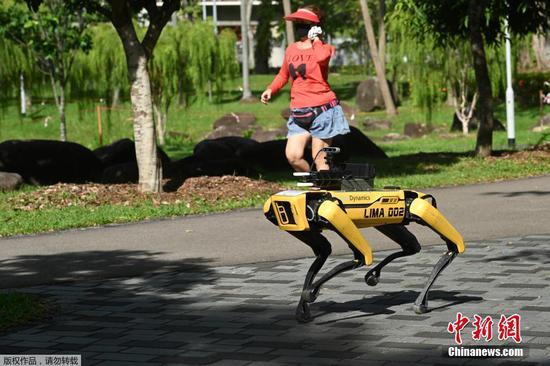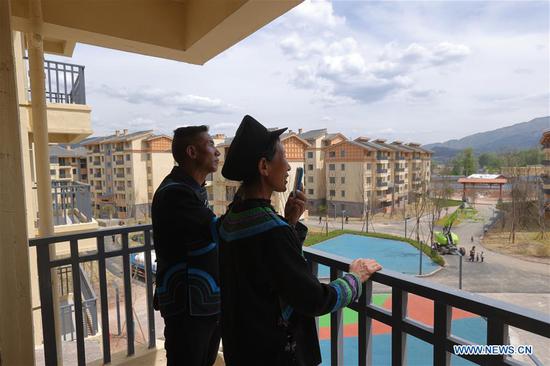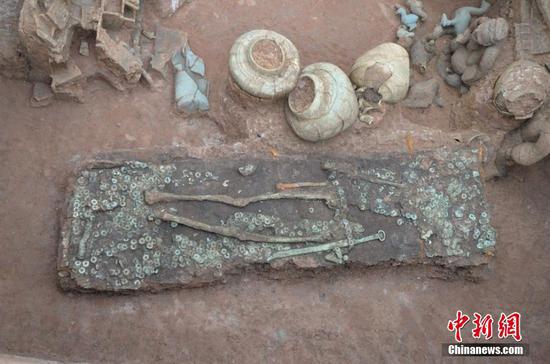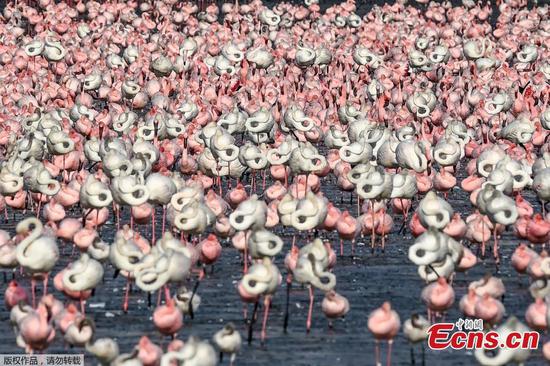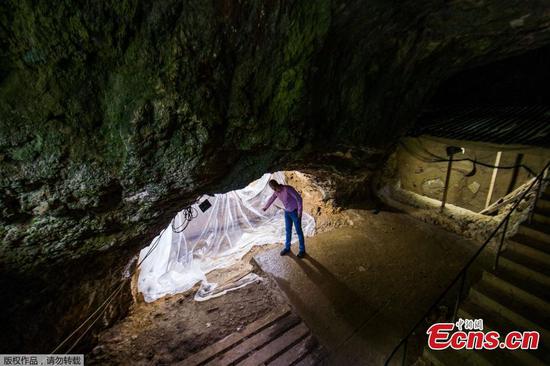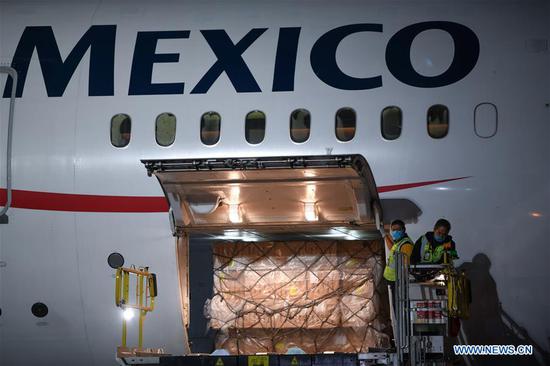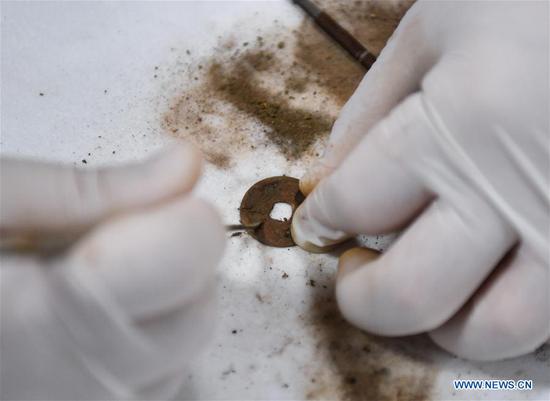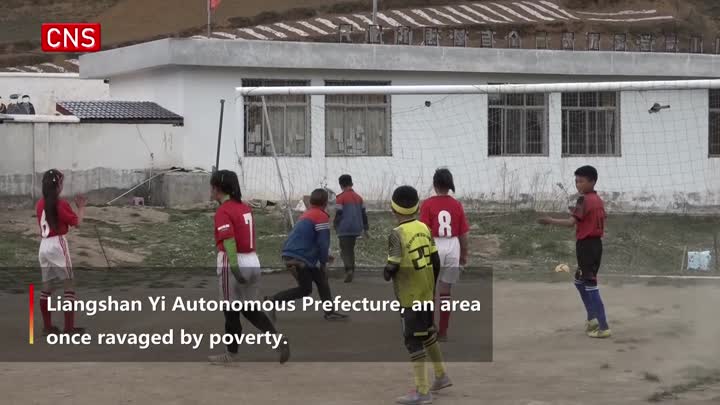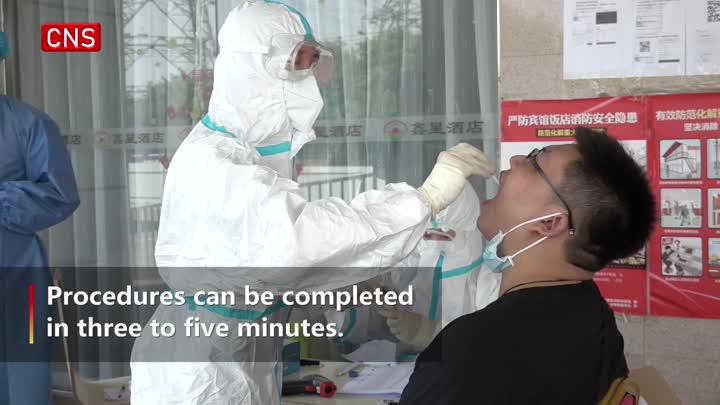As the White House aims to get the U.S. economy reopened quickly, critics have been casting doubt on the administration's approach that pits a rising death toll against economic recession.
"They've decided in a very utilitarian kind of way that the political damage from a collapsed economy is greater than the political damage from losing as many as 90,000 more Americans just in June," The Guardian quoted Rick Wilson, a former Republican strategist, as saying.
"We're witnessing the full-scale application of a kind of grisly realpolitik that is a clear willingness to trade lives for the Dow Jones."
The U.S. recorded more than 1.45 million cases as of Saturday and at least 87,643 related deaths, according to the COVID-19 dashboard of the Center of Systems Science and Engineering at Johns Hopkins University.
Anthony Fauci, the top U.S. public health expert who has led the National Institute of Allergy and Infectious Diseases since 1984, said in Senate testimony on Tuesday that the country's official death toll was probably undercounted, and warned that "the consequences could be really serious" if the country prematurely lifts lockdowns.
U.S. President Donald Trump described Fauci's caution as unacceptable.
"I was surprised by his answer, actually. It's just ... to me it's not an acceptable answer, especially when it comes to schools."
The delicate dynamic between Fauci and Trump has been watched for months. Its latest fraying marks the most pronounced clash yet in the tussle between science and politics that has long plagued the administration's fight against the coronavirus, CNN said.
Politico disclosed late last month that the National Republican Senatorial Committee had sent campaigns a 57-page memo, advising Republican candidates to address the coronavirus crisis by aggressively attacking China. The memo stresses three mainlines of assault: that China caused the virus "by covering it up", that Democrats are "soft on China", and that Republicans will "push for sanctions on China for its role in spreading this pandemic".
At the same time, lockdown measures continue to bite the world's largest economy, with U.S. government figures showing on Thursday that almost 3 million people sought jobless benefits for the first time in the week ending May 9, taking the two-month tally to more than 36 million.
Expert's warning
Goldman Sachs on Wednesday warned that the unemployment rate in the U.S. is expected to peak at 25 percent, rivaling levels seen during the Great Depression; its previous forecast was for 15 percent at the peak.
The New York Times reported that by Thursday more than half the states had started to reopen their economies in some meaningful way or had plans to do so soon. Many states that were reopening had failed to meet requirements recommended by the Trump administration before loosening restrictions on businesses and social activities, the paper said.
Early this month a model by the Institute for Health Metrics and Evaluation at the University of Washington more than doubled its prediction to nearly 135,000 deaths because of COVID-19 in the U.S. until the beginning of August, compared with its previous estimate of 60,308 deaths by Aug 4.
The revised projections reflect rising mobility in most U.S. states, as well as the easing of social distancing measures that had been expected in 31 states by May 11, indicating that growing contacts among people will promote transmission of the virus, the institute said.
John Cassidy, a staff writer at The New Yorker, wrote that the early reopening looks like a gamble to get the economy going before the presidential election in November without sparking a big new wave of infections.
No one could say whether this strategy would succeed, he said, but if it did not, and new projections about the virus' spread proved accurate, the weakest and most vulnerable members of U.S. society would bear the heaviest cost.









